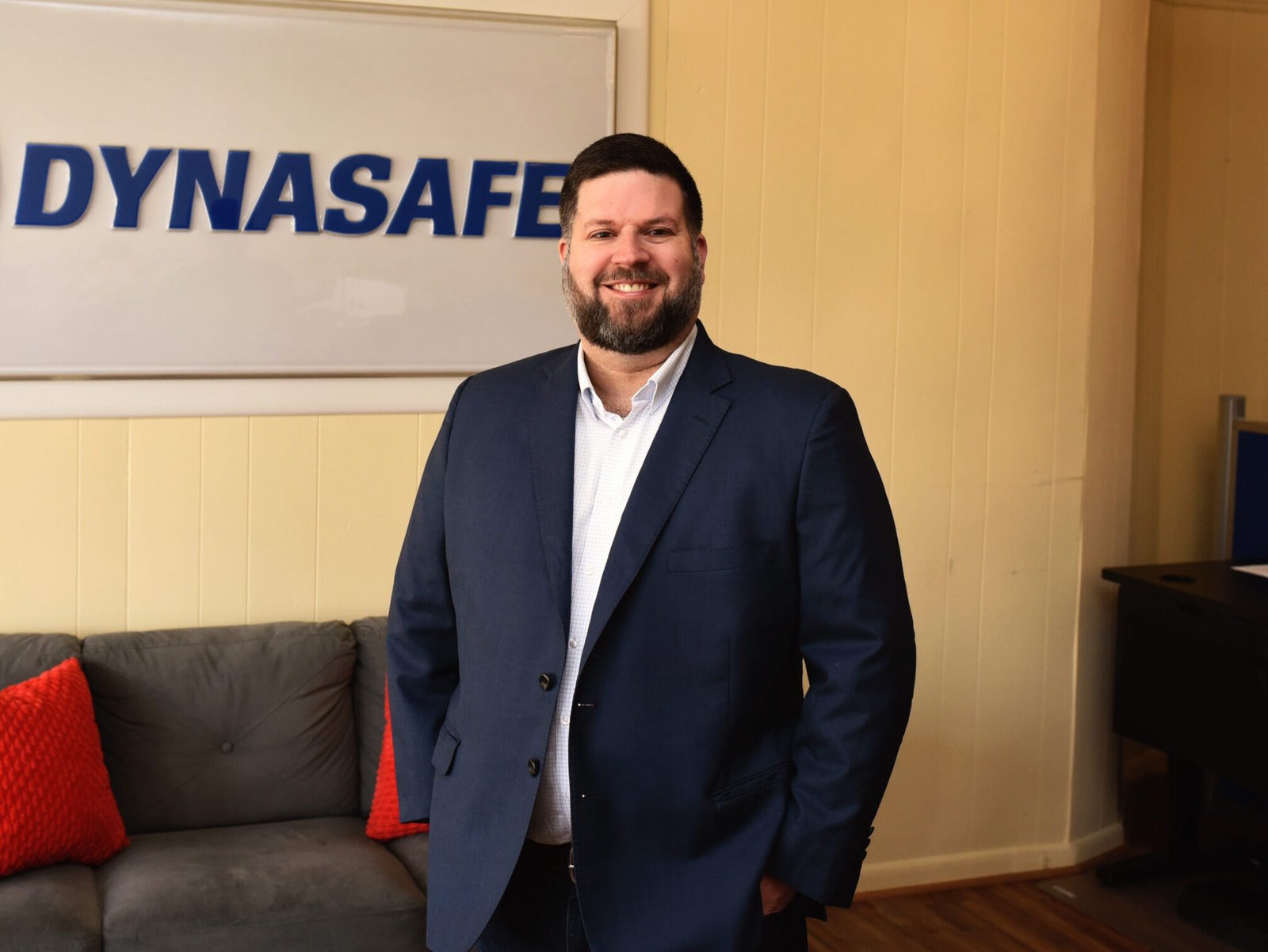I recently went one on one with Peter deSilva, former President of Scottrade. Peter is the author of the new book Taking Stock and currently serves on the boards of Edelman Financial Engines, Prosper Marketplace, Inc., Infosel, IRALOGIX, Fidelity Security Life Insurance Company, the Robert W. Plaster Trusts and Charitable Foundation, MRI Global, the CMT Research Foundation (CMTRF), the UMASS Dartmouth Foundation and the Commonwealth Corporation.
Adam: Thanks again for taking the time to share your advice. In your experience, what are the key steps to growing and scaling your business?
Peter: I find it troubling how many good businesses never scale. To achieve scale all businesses must:
-
Have a clear purpose, vision, and value proposition that is both unique and compelling in the marketplace.
-
Have a deep understanding as to the exact problem your product, service, or experience is attempting to solve.
-
Possess a comprehensive understanding of the marketplace along with competitor strengths and vulnerabilities.
-
Have Founder/owners who either 1) possess or acquire the skills to transition from an entrepreneur to a mature business leader or 2) have the humility to know their weakness and to fill those gaps with others.
-
Having sufficient capital and resources to fully build out the business.
-
A willingness to change course as necessary when the facts require it.
Adam: What do you believe are the defining qualities of an effective leader?
Peter: I believe there are three important qualities that all great leaders must possess and exhibit.
-
Humility – The ability to act humbly while recognizing where you fall short. Today’s associates want to be led by individuals who act with humility. Leaders who worry less about their own success than the success of others. I like to say that good leaders take the light off themselves and shine it brightly onto others. The leader gets to bask in the glow of the light’s reflection.
-
Talent development – Great leaders understand their obligation to build the next generation of talent. They provide both emerging and experienced leaders with abundant opportunities to learn and grow. Present rising stars with challenging and/or difficult situations just beyond their current skill level. These experiences, along with skillful coaching, will accelerate the growth process. Strong leaders build fences for key talent to give them room to roam but protect them from unnecessary danger. Enlightened leaders allow their aspiring leaders to approach the fence but then gently pull them back when they sense danger. This approach provides nearly all the learnings associated with actual failure without enduring damaging outcomes including possibly causing irreparable damage to their career.
-
Creating an aspirational and inspirational vision – Creating, communicating, and executing a compelling vision is the most important role a leader plays. That said, the world is dynamic. A successful leader recognizes the constant need to reevaluate an organization’s overall direction as the external environment shifts and changes. Throughout my career, I have been fortunate to work alongside visionary CEOs. Each of them painted broad and compelling pictures of a future desired state. Only then did they put forth aspirational images that individuals and teams wanted to be part of and help build. At the outset, the leaders didn’t have all the answers as to how to get where they wanted to go. What they had was the wisdom to know that clearly imparting and enrolling others in pursuing their vision and purpose was the first step.
Adam: How can leaders and aspiring leaders take their leadership skills to the next level?
Peter:
-
Observation – Much of my learning came from the direct observation of others. I believe that each of us is on a life-long journey of building a personal and professional mosaic. On this mosaic is every interaction, experience and encounter we have had. In a leadership context this mosaic represents traits and behaviors that we want to emulate along with traits and behaviors that we want to cast aside.
-
Practice, learn, adjust and repeat – Like anything in life, becoming a superior leader requires practice and deliberate modification. Seek out opportunities to advance your leadership skills by taking on challenging assignments and the ones that others do not want to take.
-
Develop and nurture 2-3 mentor relationships each with different styles and perspectives – Mentors act as both coaches and confidents. It is important to select mentors with different traits and experiences. While it is natural to consider someone who work with or for as a mentor, that is not always the best answer. Find someone who you can trust implicitly and someone who will give you tough, fair, but balanced feedback.
-
Enroll in external programming opportunities – Find a few external programs at the university level that will help to advance your leadership skills. I recently completed the Harvard University Advanced Leadership Initiative program. This 18-month program challenged a lot of what I thought about leadership and forced me to look at old seemingly intractable problems through a new and vibrant lens.
-
Read leadership books – One of my favorites is a book by Marshall Goldsmith titled What Got You Here, Won’t Get You There. In it, Goldsmith challenges leaders to develop relevant, contemporary skills to help you succeed at the next level. Another book I like is True North by Bill George. It is not that important what you are reading as there are hundreds of good leadership books. It is just important to read to gain different perspectives and thoughts on the topic.
Adam: What are your three best tips applicable to entrepreneurs, executives, and civic leaders?
Peter:
-
Build durable relationships – Relationships can be characterized as either transactional or mutually beneficial. Transactional relationships can be defined as “You do something for me, and I will do something for you” for a defined time, task, or remuneration. For example, you work for me, and I will give you a paycheck. Enduring relationships, on the other hand, are characterized by a commitment from both parties to foster a long-term, mutually beneficial relationship in which there is trust. These relationships achieve what I call “relationship equilibrium,” where one gives as much as one gets back. To be successful, leaders need enduring, mutually beneficial relationships at all levels, both inside and outside their organization. The higher the leader’s level, the more important it is to have enduring relationships across multiple spheres.
-
Lead by Principles – not rules – Principles define the parameters for appropriate action while rules seek to constrain creativity and innovation. Contrast the U.S. Declaration of Independence versus the Code of Hammurabi. The former is a highly principled document while the latter comprises 282 discrete rules. The code is now a relic of history while the Declaration of Independence has been emulated the world over. Principled leaders set appropriate guardrails and support mechanisms to get the best performance out of their teams and organizations. Leading by principles is a much more enlightened way of managing organizations and teams in the 21st century. Today’s associates expect to have the freedom to act when inside of well-established and understood boundaries.
-
Collaborate – If you want to accelerate positive results, check your ego at the door, collaborate with others, and share the credit. Singleness of purpose and a genuine willingness to collaborate are essential ingredients to individual and team success. Another essential ingredient is humility. Your humility allows others to rise and shine in the moment. While some speak of teamwork as the highest form of collective activity, I prefer to speak of collaboration, which requires a level of commitment beyond any single moment or situation. A willingness to practice self-sacrifice for the good of the whole is paramount. Accomplishing great things requires “one dream, one team.”
Adam: What is your best advice on building, leading, and managing teams?
Peter: The ability to successfully lead teams is one of the most important roles of a leader. After all, almost all work is done in some form of a collaborative team-based environment. My best advice is to ensure that you have created an environment of deep trust. An environment where all voices can be heard, and all perspectives respected and equally considered. Ensure that there is no ambiguity as to the charge given to the team. Often teams will go off attempting to solve for something and not even know exactly what they are solving for. Always ensure that there are clear and measurable milestones and success measurements along the way and be sure to celebrate successful outcomes.
Adam: What are your best tips on the topics of sales, marketing, and branding?
Peter:
-
Sales success requires the ability to sell relationally – not transactionally. Take the time to build mutually beneficial relationships and establish relationship equilibrium.
-
As marketing is the art of persuasion, it is critically important to build a brand that stands for something, and one that stands out in a cluttered environment.
-
Ensure that everything that an organization does and is and the way in which the organization undertakes its mission ladders up to the brand messaging.
Adam: What is the single best piece of advice you have ever received?
Peter: Be authentic. Anything less and people will not follow you.
Adam: Is there anything else you would like to share?
Peter: I have often thought about what the best definition of leadership is. A definition that would embody many of the leadership characteristics that I find critically important. I once modified this passage from First Corinthians by substituting the word “leadership” for “love” and “it.” it may not resonate with everyone, but it works well for me and my style of leadership.
Leadership is patient; leadership is kind; leadership is not envious or boastful or arrogant or rude; leadership does not insist on its own way; leadership is not irritable or resentful; leadership does not rejoice in wrongdoing but rejoices in the truth. leadership bears all things, believes all things, hopes all things, endures all things. Leadership never ends.









